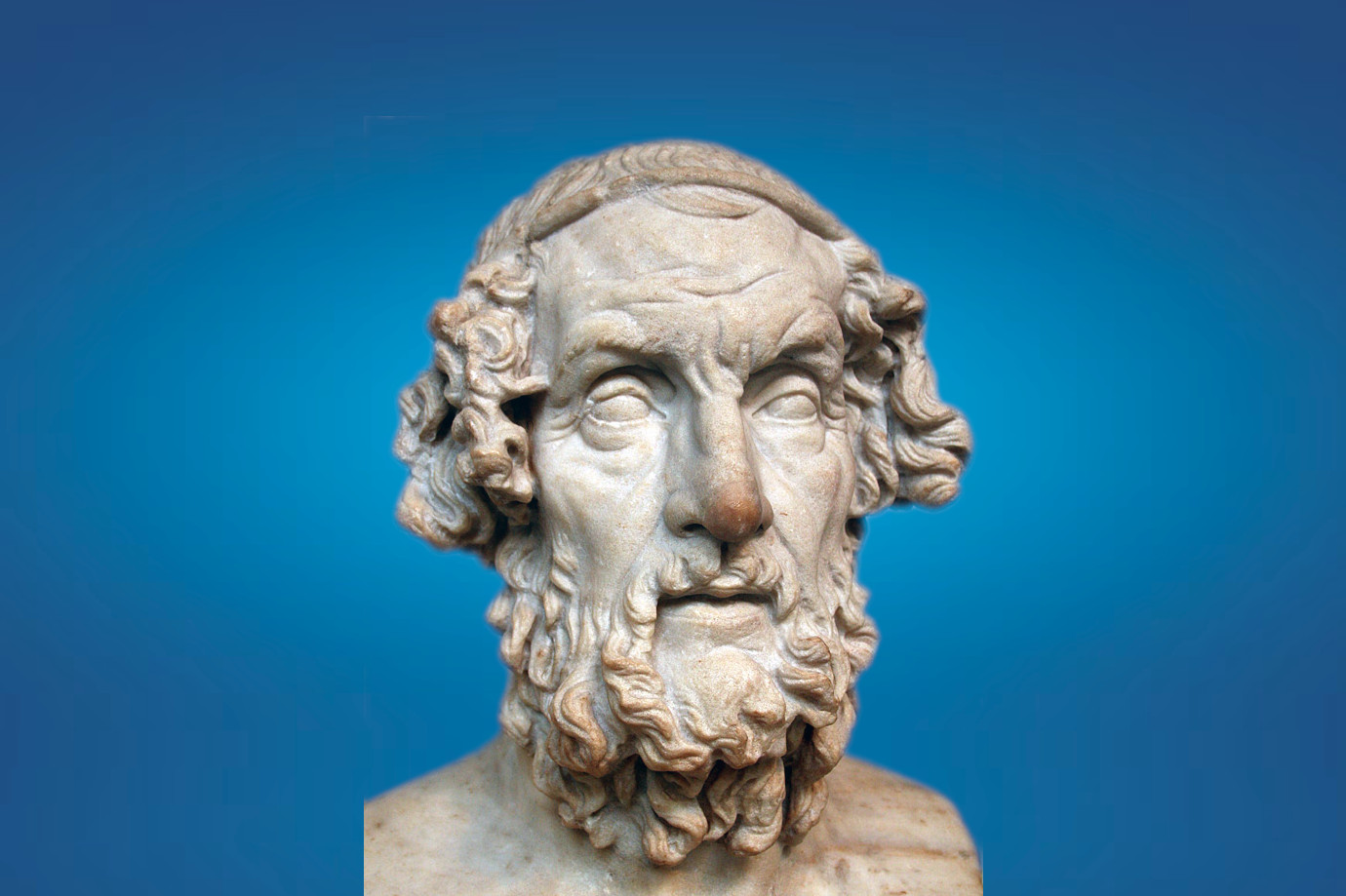by Eugenia Manolidou
I recently read an article about the University of Exeter’s decision to include trigger warnings for students studying Homer’s Iliad and Odyssey. These warnings alert students to potentially “distressing” themes like infant mortality, sexual violence, and warfare. While the intention may be to shield students from discomfort, it left me questioning whether we are inadvertently robbing them of an essential part of their education; and, by extension, their humanity.
This decision is part of a broader wave of debates surrounding classical texts. From the removal of The Odyssey in Massachusetts schools to warnings about Chaucer’s Canterbury Tales for its religious content, the idea of censoring or sanitizing literature to align with modern sensitivities is gaining traction. Critics like Boris Johnson, himself a former Classics scholar, have rightly called this trend “absurd,” arguing that these texts are the bedrock of Western civilization. They challenge us to grapple with timeless questions: What does it mean to be human? What is justice? How should we live?
The irony is striking. These works, which have survived thousands of years precisely because of their universal relevance, are now being sidelined in the name of inclusivity and modernity. Yet it is through engaging with difficult and sometimes uncomfortable ideas that students develop the critical thinking skills necessary for understanding and improving the world.
As we stand on the cusp of unprecedented technological advancements – particularly in artificial intelligence – these skills are more vital than ever. How can we expect future generations to assess the ethical implications of AI or critique its biases if they lack exposure to the complexities of human thought and experience? Classical literature offers so much more than just historical or literary value; it provides a framework for navigating the moral and ethical dilemmas of the present and future.
Homer’s epics, for example, may recount tales of heroism and adventure but they also expose themes of resilience, morality, and the human condition. To ban or label these works as «harmful» diminishes their richness and denies students the opportunity to engage in meaningful reflection. The same is true for countless other classics which offer a lens through which we can examine both the triumphs and failings of humanity. Are we truly so fragile as a society that we cannot tolerate grappling with these truths?
The movement to suppress classical texts in the name of political correctness is deeply concerning. It risks creating a generation disconnected from the cultural and intellectual traditions that have shaped our world. It also raises the question: If we sacrifice these ideas at the altar of modern sensitivities, what will take their place? Without the foundational principles of democracy, freedom, and justice – concepts born from the classical world – what direction will our societies take?
Institutions like Elliniki Agogi, along with so many others in Europe and the U.S. work tirelessly to ensure these texts remain alive and accessible. At Elliniki Agogi, we see firsthand how introducing children to ancient Greek language and literature inspires them to think critically, ask questions, and connect with the values that have sustained Western civilization for centuries.
Classical texts are still vibrant, living dialogues that challenge us to confront life’s deepest questions. If we allow these works to be dismissed or forgotten, we risk losing our intellectual heritage but above all, the ability to understand ourselves and our place in the world.
Sources
